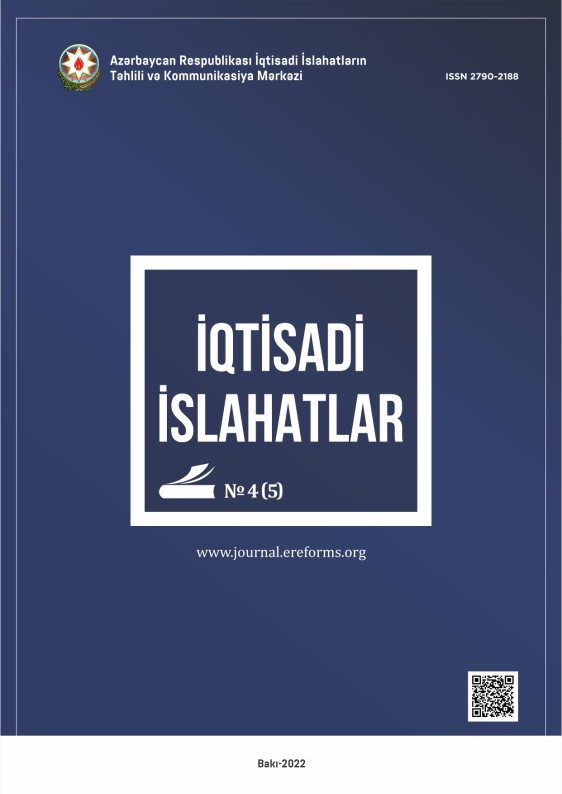The importance of intellectual capital in enterprise management
Summary
Towards the end of the 20th century, the world embraced significant new changes in the field of information and communication technologies, by entering a new stage, called the "knowledge age" or "information society".New socio-economic conditions offered new approaches in the area of management, in particular. This study analyzes the stages of formation of the theory of intellectual capital and the main three directions of intellectual capital - human capital, relational (customer) capital and structural (organizational) capital. Components of intellectual capital and proper management policies are of strategic importance for enterprises to continue existence in a competitive business environment and obtain targeted market share.
